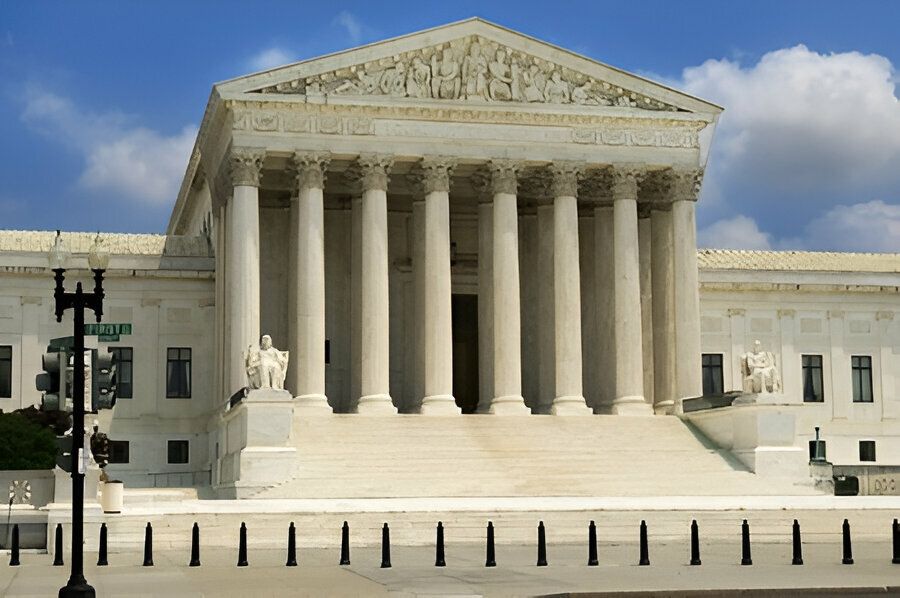A man in Alabama convicted of murder is set to be executed using a new method – nitrogen hypoxia – after the US Supreme Court declined to intervene and stop the execution. This marks the first time this method will be used in the United States, and human rights experts have raised concerns about its potential for causing pain and suffering.
Nitrogen Execution Raises Ethical and Legal Concerns
Kenneth Eugene Smith, 58, was sentenced to death for a murder-for-hire plot in 1988. He is scheduled to be executed on Friday at the Atmore City Prison in Alabama. Under the nitrogen hypoxia method, Smith will be placed in a chamber and made to inhale pure nitrogen gas. This will cause him to suffocate due to a lack of oxygen.
No death sentence has ever been carried out using this method in the United States, and according to a UN Human Rights Office spokeswoman, there are no known cases of its use anywhere in the world.
Human rights experts, including those from the United Nations and Amnesty International, have warned that nitrogen hypoxia could be a cruel and unusual punishment. They argue that there is no scientific evidence to guarantee that it will not cause significant suffering and that the lack of experience with the method raises serious ethical concerns.
Lawyers Argue Eighth Amendment Violation
Smith’s lawyers have challenged the execution in both federal and state courts. They have argued that the use of nitrogen hypoxia violates the Eighth Amendment of the US Constitution, which prohibits “cruel and unusual punishments.” They also point to the failed execution attempt in 2022, when Smith was supposed to be executed by lethal injection but the prison staff were unable to find a suitable vein.
“The failed execution in 2022 was already a violation of the Eighth Amendment,” Smith’s lawyer, Robert Grass, said. “Now, the state of Alabama is asking us to believe that they can humanely execute Mr. Smith using a method that has never been used before and about which there are serious concerns.”
Alabama Governor Unlikely to Intervene
The Republican governor of Alabama, Kay Ivey, has the power to stop the execution by decree. However, observers believe that she is unlikely to do so. Ivey has previously expressed support for the death penalty and has not commented on Smith’s case.
The use of nitrogen hypoxia as an execution method is a controversial issue, and the Supreme Court’s decision to allow the execution to proceed is likely to be met with protests and legal challenges. It remains to be seen whether this method will become a future standard for capital punishment in the United States, or whether the ethical and legal concerns raised by experts will ultimately lead to its abandonment.
